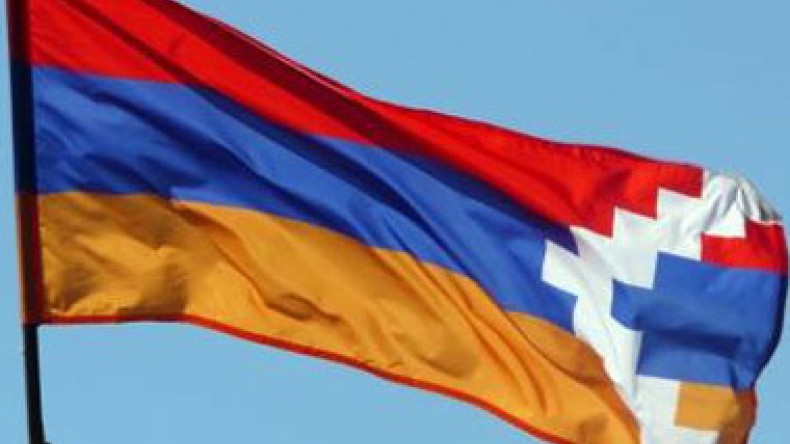
In reputable edition Le Monde French MPs call to recognize independence of Nagorno-Karabakh
To support the Nagorno-Karabakh Republic is to help to establish an ultimate peace in the South Caucasus, reads the joint article of the French national Assembly MPs François Rochebloine, René Rouquet and Guy Teissier. The article is placed in the reputable French daily Le Monde.
According to the publication, soon the 20th anniversary of armistice agreement, signed to stop a long and brutal war in Nagorno-Karabakh, will be marked. The agreement was signed in 12th of May in 1994. As a result of this war for independence a new state was born, located between Armenia and Azerbaijan, on the Armenian territories, at the crossroads of Russian, Turkish and Iranian cultures.
"Twenty years – it is one whole generation; generation of young Azerbaijanis and Karabakh people, who were to see only peace and whose inalienable right for life and security was to be recognized. However, it should be state that even if the war is over, the peace is still needed to be achieved: the truce is extremely shaky in the absence of a document of mutual recognition and even a direct dialogue between the parties. Therefore, Azerbaijan, as well as Nagorno-Karabakh, is deprived of prospects of normal and peaceful development," note the parliamentarians.
In their opinion, the peace must be achieved. This means that the existing facts should be recognize and a transparent dialogue should consciously and voluntarily by initiated, with an ultimate goal to fix the mistakes. However, this requires pluralism and democracy in each of the countries.
"We, the members of France-Karabakh friendship group, are for the peace in the South Caucasus; we call on the parties to perform realism and pragmatism: neither threats, nor militaristic rhetorics and the military activities will not persuade the former colony, Karabakh, to return to the "bosom" of Azerbaijan. After 20 years of signing ceasefire provocations are being repeatedly performed almost every month which lead to deaths of soldiers and civilians in Karabakh from the fire of Azerbaijani soldiers, whose attacks are being prevented. Recurrence of identical tragedies holds away the prospect of peaceful coexistence every day. For us, recognition of Karabakh does not mean becoming an enemy to Azerbaijan. We, like other people who visited Karabakh, are recognized persona non grata by the Azerbaijani regime. This is ridiculous and destructive behavior," the material states.
The French parliamentarians noted that the acquisition of the peace first of all means healing the wounds of the past. Crimes have been committed during the Nagorno-Karabakh conflict, which need to be uncovered. Armenians were their victims in Sumgait, Kirovabad and Maragha, and Meskhetiana in Khojalu.
"Sumgait pogroms organized on the 27th February in 1988, where hundreds of people became a victim, served a cause for the conflict. This, surely, led to the arrests and judicial verdicts by the Soviet authorities, however only the executors were punished. The real organizers were not brought to justice, and the fact that the murders were premeditated, was also ignored. This is the power of democracy – to be confident in your abilities, to establish the necessary commissions, which will expose and convict the real culprits, softening the pain and promoting the reconciliation," stressed the authors of the statement.
They note that "having witnessed an obvious progress achieved by the Nagorno-Karabakh Republic, they are happy to know that the non-governmental organization Freedom House in its final report on the human rights and freedoms has assessed it as a partly free country."
"We are in full solidarity with the former NKR President Arkady Ghukasyan, who recently noted that "the purpose of conflict settlement is not only in the official refusal of hostility, but also in establishment of historic reconciliation between the two peoples ... for preventing the further conflicts" and that contacts between civil societies can outline the way," the statement reads.
The parliamentarians expressed hope that their appeal will be responded by the Azerbaijani civil society, and that the "new forces that are born there, will renounce propaganda of hatred and will look into the future."
"If these forces show up, if dialogue initiatives and contacts are born, then make sure that our modest group will be supporter and comrade-in-arms for them," concluded Rochebloine, Rouquet and Teissier.
Newsfeed
Videos






























